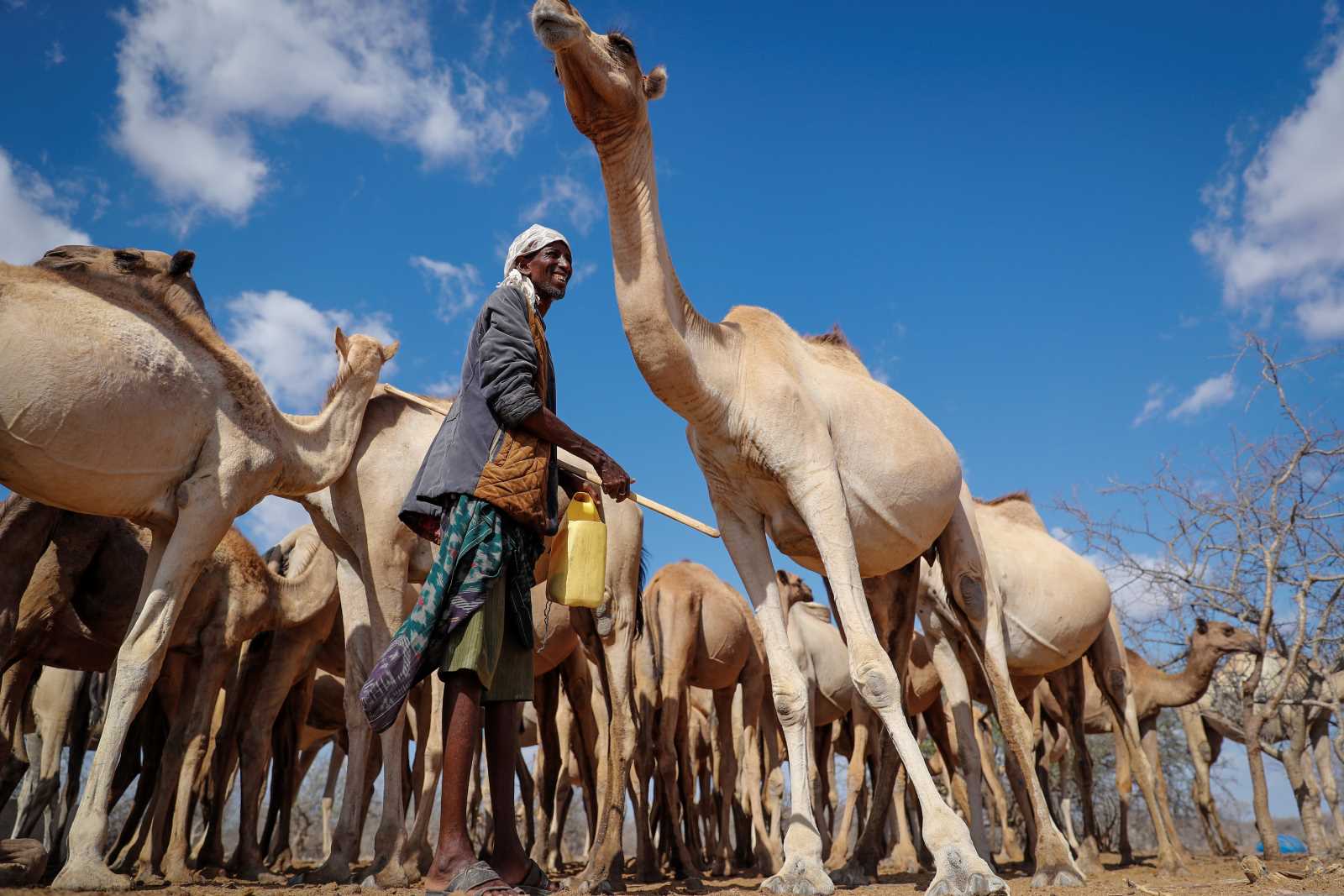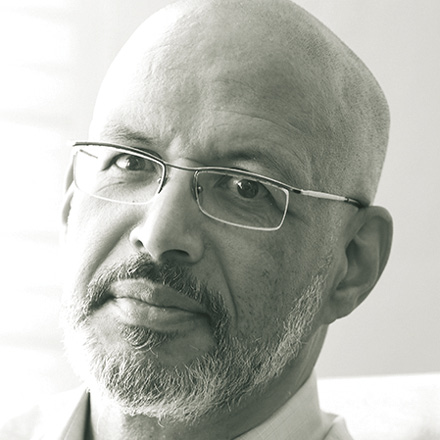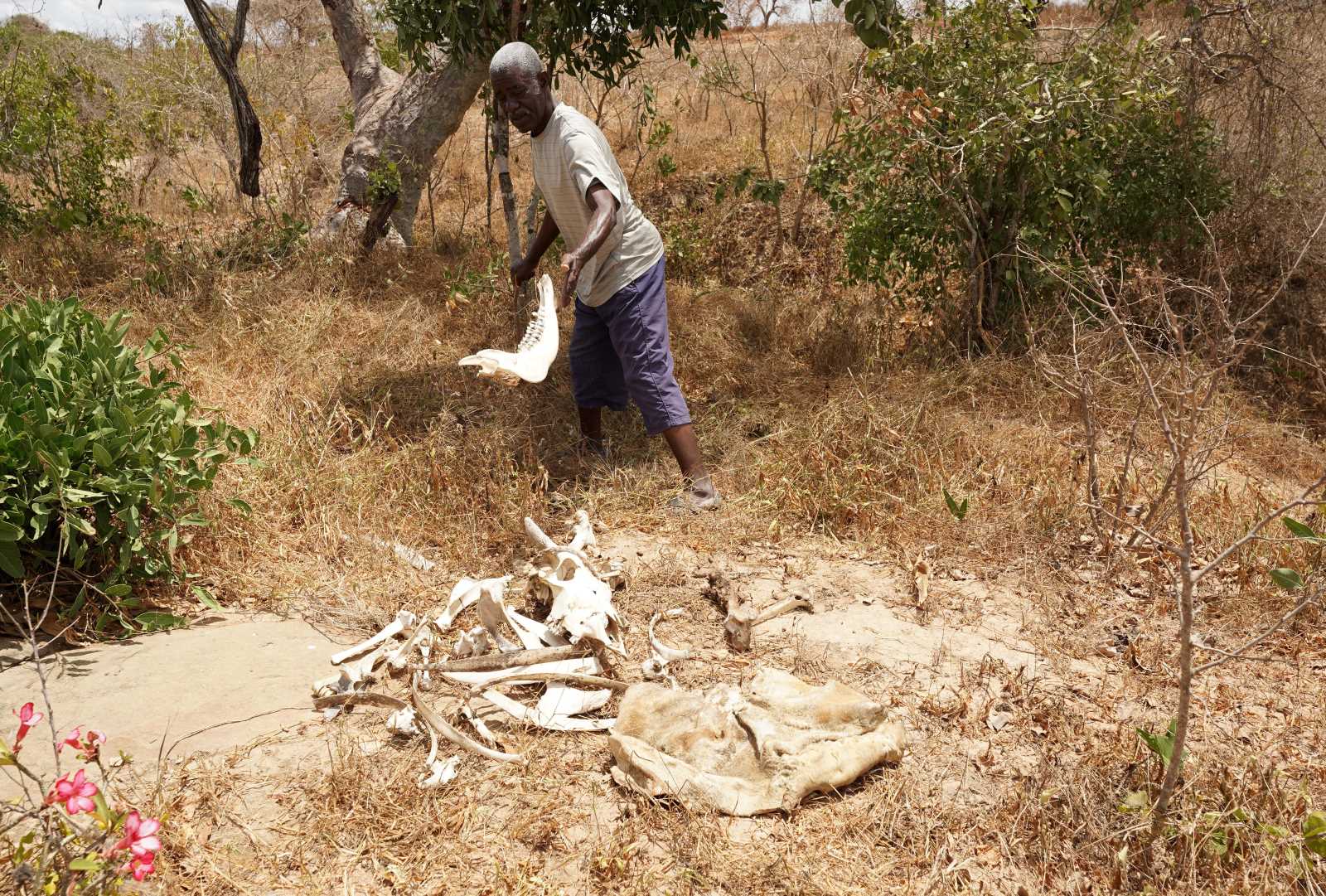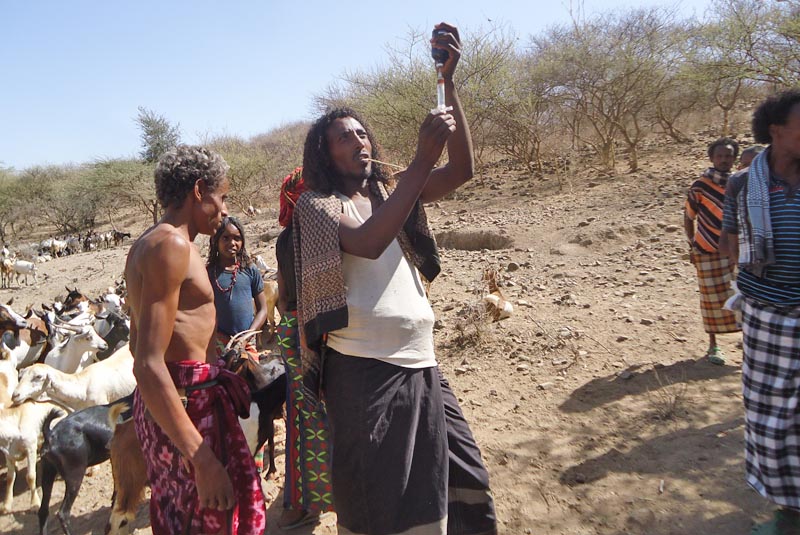Development strategy
Attitudinal change

Your recent book “Overcoming agricultural and food crises in Ethiopia” has made quite a stir in your country. What motivated you to write it?
Before I retired in 2017, I was the World Food Programme’s country director in China. That was a turning point for me. My picture of China went back to the great famine of 1959 to 1961, when millions died. But I found that China transformed the agricultural sector in one generation. The human capacity for change is enormous. I set out to understand what the Chinese had done. I am from a rural community in Oromia, Ethiopia’s largest region. I still go back there often to visit my family and friends. In the first chapter of the book, I discuss my home village as a microcosm of what has happened in Ethiopia – population increase, deforestation, land degradation. Through an accident of history, I had the opportunity to go to universities in Germany and Britain, obtain a PhD in agricultural economics and live the life I have lived. My mission for the rest of my life is to campaign for improving the lives of Ethiopian smallholders.
What exactly did you learn in China?
China’s transformation began with its smallholders. I went to the village where it all started – where 18 farmers signed a secret pact to divide up the land among themselves instead of doing collective farming. Each one did what was personally deemed best. The result was that they proceeded to produce in one year what they would have normally produced in five years. The cadres got wind of it, and it went all the way up through the ranks of the Communist Party to Deng Xiaoping, then the top leader. He famously said: “It doesn’t matter if the cat is black or white, as long as it catches mice.” That is how China’s reform process started, which then led to special economic zones, market dynamics and mass internal migration. The youth left the rural areas. The resulting shortage of labour forced farms to consolidate and mechanise. It is important to understand that cultural change, institutional change and determination were at least as important as technological change.
How do you assess Ethiopia’s current situation?
In the past four decades, the number of Ethiopians who permanently or intermittently depend on food aid has increased. Today, some 20 million people depend on donor-agency support. The rural areas cannot absorb any more people. Forests are gone; land is degraded; soil has been eroded. Per capita, the land holdings keep getting smaller. Now 86 % of our rural households no longer have enough land to support themselves. They are in perpetual food crisis, and we accept this situation as normal. Caught in a downward spiral of environmental collapse, we pretend that it is a success to get food aid to millions of people. Yes, donor action is saving lives, but it is merely ensuring survival, not lives in dignity. Ethiopia is suffering a crisis of vision. We need to aim higher, change habits, culture and institutions. We need a bold, inter-generational strategy.
But Ethiopia cannot do much about climate change, the main driver of the environmental crisis.
Climate change is only one of several drivers, though drought is certainly an important one. But it is irresponsible to blame all of Ethiopia’s pain and poverty on the droughts that climate change has brought about, not least because droughts have always occurred. Our current crisis does not have only one cause. Rapid population growth matters very much. An annual population increase of 2.7 % means we need an annual 540,000 metric tons of additional food – for bare survival. Moreover, the population issue is particularly significant because we have not adopted technology. Our farmers are still ploughing the land with ard ploughs attached to oxen. Farms entirely depend on rainfall, but we do not have any water-capture or water-management systems. Most farmers do not have access to improved seeds or fertiliser. Ethiopia only has 500 tractors and perhaps 600 combine harvesters for 17.5 million Ethiopian smallholder farms. The government wants to change things, but we are still basically using Neolithic tools, so we do not produce enough food to feed our 110 million people.
What are the most important bottlenecks and how can they be dealt with?
We can discuss an endless list of specific policy issues, but first of all, we must appreciate the magnitude of the challenge. Innovation results from the recognition that something is wrong. Do we accept or reject the pitiful life that millions of Ethiopians are subjected to? We need effective leadership that recognises the scope of the problem and the need for change. And then we will need action on several fronts:
- In legal terms, the main obstacle is land ownership. It is exclusively vested in the state according to the constitution. That means that land cannot be sold or sub-leased. This is a huge obstacle to land consolidation and mechanisation and also to obtaining land for private enterprise.
- In regard to technology, farmers need information and extension services. Important issues include mechanisation, seed, fertiliser and water management.
- Implementing innovation costs money, so farmers require loans. Ethiopia needs a financial institution dedicated to agriculture.
- It is necessary to ensure environmental sustainability.
- We need decentralised urbanisation, with flourishing markets in small and mid-sized towns. New jobs can be created in food and agro-processing. That, in turn, will require training and skill development. Germany’s GIZ could certainly support us, the quality of German vocational training is generally acknowledged.
To bring these things about, however, we first need an attitudinal change. We must reject poverty and create a spirit of hope, dignity, responsibility and creativity. We need to think bigger and aspire to wellbeing for the next generation.
If small plots are consolidated and agriculture is mechanised, will all the people released from the field work find urban jobs?
No, not at first, but this is why social-protection systems were created in the west, and we will have to create them too. Bear in mind that 20 % of our people already depend on humanitarian aid, which is a welfare system, if you will. The truth is that we have no choice. We cannot survive in the 21st century without modernising our agricultural sector. The gap between national food production and national demand is huge. We are spending precious foreign exchange to import grain we could be producing ourselves. Traditional farming is failing us. The environment is collapsing, and rural people need livelihoods.
Do the government and the private sector have the capacity to implement change?
Capacity is never a given commodity; it is created to address human problems. So far, Ethiopia’s government has attempted to do literally everything, from road construction, school building and health services to land allocation and job creation. As a result, society is paralysed. People expect the government to supply everything. This kills motivation, innovation and job creation. The government has an important role to play that the private sector cannot fulfil, for example, in infrastructure. But the private sector must be an important partner.
Please give an example.
Well, for decades, smallholder farmers have suffered because the government’s local agricultural extension office did not manage to supply them with the right kind of fertiliser at the right time. The private sector, on the other hand, cannot afford to sit on stocks of unsold fertiliser for a long time. So private distributors are highly motivated to get supplies to customers at the right time. This is one area, among many, in which the private sector normally performs better than government agencies. What we need is efficient and effective inter-linking of the private and public sectors.
But won’t that require skills and knowledge that, so far, are lacking?
I see a lot of untapped potential for skills training, knowledge promotion and capacity development. It has not been tapped because of the way in which not only the government, but Ethiopian society in general approached things. Skills can be developed fast. Driving a tractor is not rocket science. In the book, I talk about two Ethiopian industries – the Franco-Ethiopian Railway, which disintegrated and failed, and Ethiopian Airlines, which innovated and became one of the largest and safest airlines in Africa. Both industries were Ethiopian, both employed Ethiopians from the same educational system. Ethiopian Airlines proves we can succeed. It is a matter of how we frame the system.
Reference
Diriba, G., 2018: Overcoming agricultural and food crises in Ethiopia. Independently published, distributed by Amazon and Shama Books in Ethiopia.
Getachew Diriba has worked for various aid agencies, including GTZ/KfW, Care and the World Food Programme. After retiring in 2017, he published his book on Ethiopian reform needs.
gdiriba@yahoo.com











